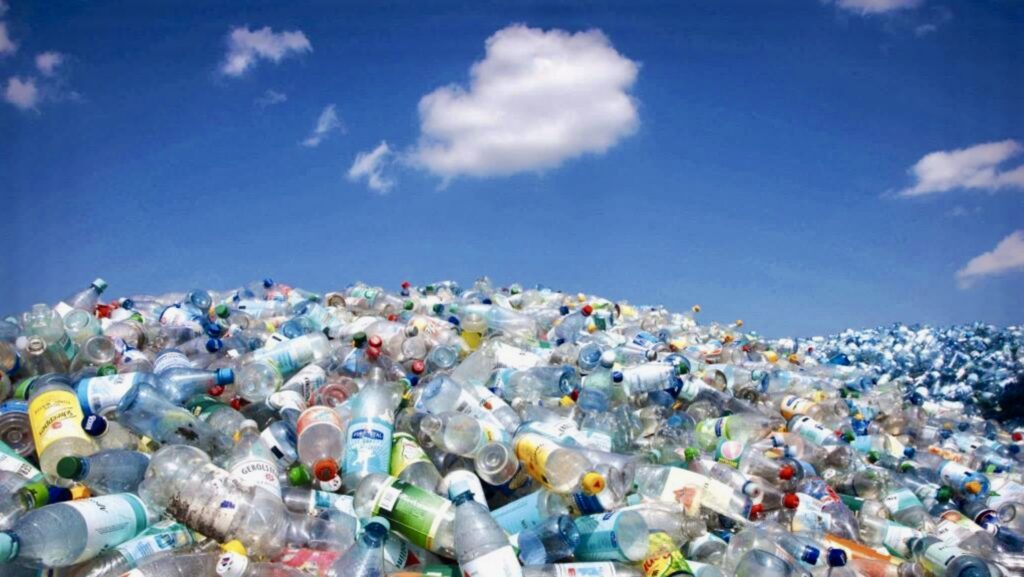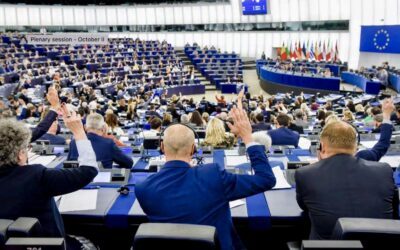Lobbyists Obstruct UN Talks on a Global Plastics Treaty

At the UN negotiations in Geneva aimed at establishing a global treaty to combat plastic pollution, there was an unprecedented presence of industry lobbyists. According to international organizations, 234 representatives of petrochemical and plastics companies participated in the discussions — more than the combined delegations of all EU countries, or the number of scientists and representatives of Indigenous peoples.
Greenpeace and the Center for International Environmental Law (CIEL) warned that such a disproportionate presence of lobbyists effectively blocks progress on ambitious measures that could limit plastic production and reduce environmental pollution. Instead, industry players are promoting less stringent scenarios focused only on waste management.
According to civil society representatives, the dominance of commercial interests undermines the main goal of the negotiations and puts at risk the achievement of tangible results in tackling the plastic crisis. The situation raises concerns among international experts about the transparency and effectiveness of the global policymaking process.
- Transatlantic regulatory debate over digital platform governance and the role of lobbying in shaping technology policy.
- Merry Christmas!
- The European Parliament has adopted the Omnibus I legislative package, introducing significant changes to the EU’s approach to corporate responsibility and business transparency.
- Netflix and Warner Bros.: How a Major Media Deal Turns into a GR and Regulatory Battle
- GR Consulting Participated in the 2025 Annual Membership Meeting of the American Chamber of Commerce



